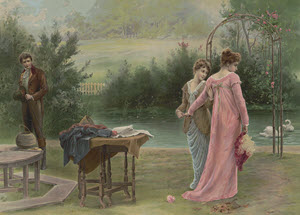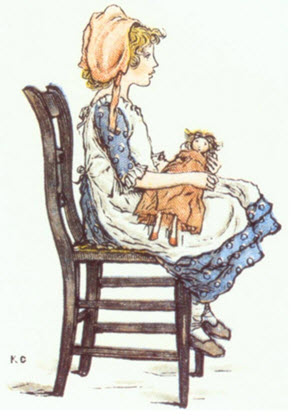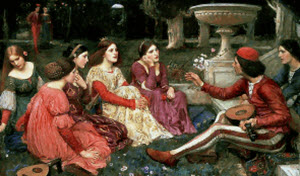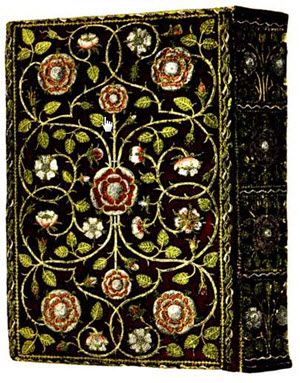The Cask of Amontillado

The Cask of Amontillado - Summary
Summary
The first-person narrator Montrésor (French for My Treasure) lures the hated Fortunato (Italian for the Fortunate One), who still considers himself Montrésor's friend, into the vaults under his palazzo during the carnival and walls him there alive as revenge for a thousand wrongs that he has allegedly suffered at the hands of Fortunato. Montrésor uses a barrel of Amontillado, a fictitious Italian wine, as bait, which is supposedly waiting for the two connoisseurs down in the crypt and must be examined. Whenever Fortunato hesitates to come along, Montrésor mentions another friend whom he could also ask for his judgment. That's enough to lure Fortunato into the murderous trap. What Fortunato did to the first-person narrator Montrésor remains unspecified.
Once inside the crypt, the narrator walls up Fortunato brick by brick condemning him to a slow death. At the end of the story, the narrator reveals that fifty later, Fortunato's body is still hanging from his chains where he left him.
Interpretation
In the text, Montrésor mentions his family motto "Nemo me impune lacessit" ("No one offends me with impunity" or "Nobody attacks me with impunity"), implying that he is acting out of a sense of family honour in carrying out this grizzly revenge. The names of the two characters - Montresor (My Treasure) and Fortunato (Fortunate One) suggest that some allegory or symbolism was intended. Certainly Fortunato's name is ironic given his fate. In, Montresor's family name of Luchresi, suggests the word lucre, or wealth. It is possible that these characters should be read as a sort of Roman a Clef, given the bitter feud that Poe was involved with at the time.
Edgar Allan Poe wrote and published this story in 1846, when he was in the War of the Literati, which culminated in a lawsuit by Poe for defamation. Poe's opponent was Thomas Dunn English,the clash took place in the columns of New York's Evening Mirror, headed by Hiram Fuller. The secret anger of the first-person narrator Montrésor would then reflect his anger at Thomas Dunn English (Fortunato).
In 1846 English a novel in which the character of Marmaduke Hammerhead is a satirical parody of Poe. Hammerhead is described as the famous author of 'The Black Crow', using expressions such as 'Nevermore' and 'lost Lenore', which contain a clear reference to poe's poem The Raven published a year earlier. The Poe/Hammerhead is characterized in the novel as a drunkard and liar who also enters into an abusive sexual relationship.
Poe, on the other hand, takes up numerous themes and scenes of this novel in his short story and satirizes them in turn.
Martha Womack points out further parallels between the character of Fortunato and Poe's stepfather John Allan.
However, as Hagopian and Cunliffe as well as O'Donovan show in their interpretations of history, The Cask of Amontillado goes far beyond the genre-typical framework of a mere horror story. Beyond the reading as an effective dark horror or revenge story ("first-class gothic story") in the sense of Poe's "single effect", The Cask of Amontillado can equally be understood as "a profound psychological and moral study" that appeals to the imagination of the reader.
This article was translated and adapted from https://de.wikipedia.org/wiki/Das_Fass_Amontillado and is available under a creative commons license. However the images on this page are copyrighted and may not be used without permission.
You can read the online text of the Tell-Tale Heart here.
2021




